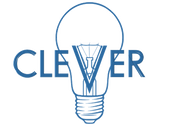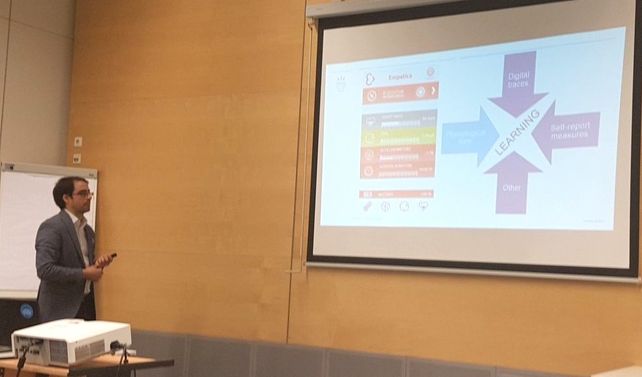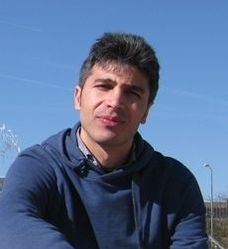The Learning and Educational Technology (LET) research unit of the University of Oulu, where the SLAM research takes place, has a systematic research collaboration relationship with the Welten Institute of Open Universiteit in Heerlen, the Netherlands. Both groups share an interest in advancing our understanding of learning and the role of technology in supporting technology enhanced learning innovations.
As part of this ongoing collaboration, a PhD student in the SLAM project, Héctor J. Pijeira Díaz, visited the Welten Institute in the week of February 6th to 10th. There, Héctor had the opportunity to present the SLAM research to the overall audience, to the WEKIT project (http://wekit.eu/) team, and more specifically, the line of his PhD studies to the Technology Enhanced Learning Innovations (TELI) group at Welten Institute. These three presentations gave Héctor the opportunity to interact with the PhDs and staff there, be exposed to different viewpoints on his and other research, and receive constructive feedback on how to progress in a direction meaningful to the community.
As part of this ongoing collaboration, a PhD student in the SLAM project, Héctor J. Pijeira Díaz, visited the Welten Institute in the week of February 6th to 10th. There, Héctor had the opportunity to present the SLAM research to the overall audience, to the WEKIT project (http://wekit.eu/) team, and more specifically, the line of his PhD studies to the Technology Enhanced Learning Innovations (TELI) group at Welten Institute. These three presentations gave Héctor the opportunity to interact with the PhDs and staff there, be exposed to different viewpoints on his and other research, and receive constructive feedback on how to progress in a direction meaningful to the community.
Apart from these group presentations, Héctor was honoured to have 1:1 insightful meetings with researchers at different stages in their careers, from early stage PhD students to accomplished professors. The expertise of these researchers varied from learning sciences to learning technology to teaching as they belong to the three different groups the Welten Institute is comprised of, Fostering Efficient, Effective and Enjoyable Learning (FEEEL), TELI, and Teachers and Teachers’ Profesionalisation (T2P).
SLAM’s PhD student Héctor had the chance to learn about other relevant projects such as the abovementioned Wekit, the MOOQ project dealing with the quality of MOOC courses, and projects dealing with the biopsychology of learning and the impact of lifestyle on learning.
In a hands-on approach, Héctor was invited to an eye-tracking training session by the expert in the field Dr. Halszka Jarodzka (the SLAM first experiment data collection included eye-tracking); and also to try the latest version of the award-winning Presentation Trainer, which uses Microsoft Kinect Sensor technology to provide immediate feedback based on experts’ recommendations, on presentations aspects such as posture, hand position and movement, voice pitch and cadence, and more. The presentation trainer is developed by Dr. Jan Schneider.
Overall, the visit was a fruitful exchange of ideas from the SLAM project research and a variety of projects being carried out at the Welten Institute, all with the common goal of advancing our understanding of learning and the role of technology to support learning research and practice.
SLAM’s PhD student Héctor had the chance to learn about other relevant projects such as the abovementioned Wekit, the MOOQ project dealing with the quality of MOOC courses, and projects dealing with the biopsychology of learning and the impact of lifestyle on learning.
In a hands-on approach, Héctor was invited to an eye-tracking training session by the expert in the field Dr. Halszka Jarodzka (the SLAM first experiment data collection included eye-tracking); and also to try the latest version of the award-winning Presentation Trainer, which uses Microsoft Kinect Sensor technology to provide immediate feedback based on experts’ recommendations, on presentations aspects such as posture, hand position and movement, voice pitch and cadence, and more. The presentation trainer is developed by Dr. Jan Schneider.
Overall, the visit was a fruitful exchange of ideas from the SLAM project research and a variety of projects being carried out at the Welten Institute, all with the common goal of advancing our understanding of learning and the role of technology to support learning research and practice.



 RSS Feed
RSS Feed
